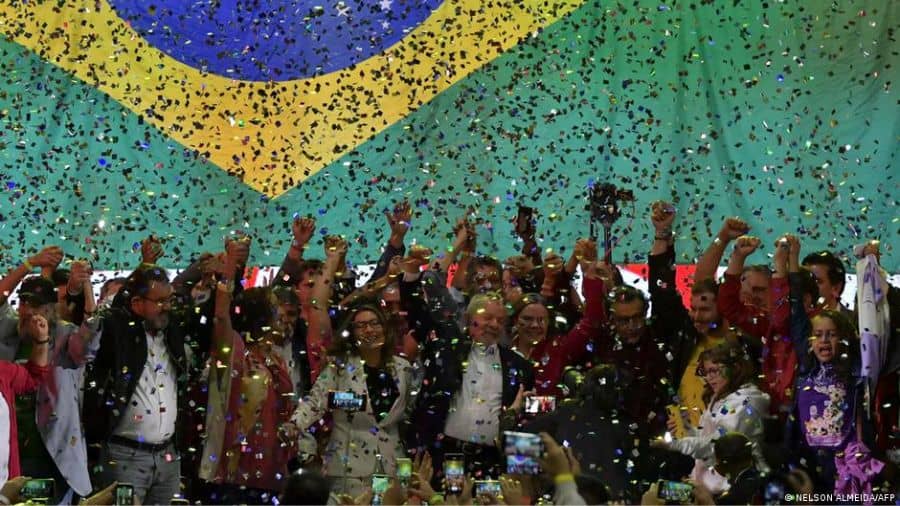Brazil has a new leader — who is also its old leader. On Sunday, South America’s largest nation elected Luiz Inácio Lula da Silva as its president, yet again. His win in a run-off against the former president, Jair Bolsonaro, capped a dramatic political resurrection for a man who ruled the nation from 2003 to 2010 but was then jailed in 2017 on corruption charges that were subsequently overturned. Mr Bolsonaro, who emerged as an iconic figure of the Brazilian far-right, had indicated before the election that he might not concede a loss. He has spent months questioning the credibility of the democratic process — much like his friend, Donald Trump, the former president of the United States of America, has done since his 2020 loss to Joe Biden. However, on Tuesday, Mr Bolsonaro appeared to suggest that he would allow a smooth transition of power to Mr Lula. That is welcome in a major democracy that shed military rule — which Mr Bolsonaro has expressed admiration for — only 37 years ago. It is, however, also reflective of the stakes on offer in politics in Brazil and across Latin America, where Mr Bolsonaro and other conservative leaders might be down but are far from out.
In Brazil, Mr Bolsonaro might not be president for a second term, but his party won a record number of seats in the Congress at the start of October. Brazil’s single-largest party, it effectively controls half of the lower House with allies. Mr Lula’s party will therefore struggle to pass major laws to undo Mr Bolsonaro’s policies, which depleted the Amazon rainforests and attacked women, LGBTQ people and indigenous communities. In effect, Mr Bolsonaro will remain a major force to reckon with in a Brazil that has broadly moved to the right. That shift in Brazil is also reflected in Mr Lula’s choice of the business-friendly leader, Geraldo Alckmin, once his rival. It would also be a superficial understanding of the region to view Mr Lula’s win as part of a broader ‘pink tide’ of socialist-leaning governments in South America. Chile, Peru, Colombia, Argentina and Bolivia all have left-leaning governments today. However, deep divisions exist among them on everything, from Ukraine and the US to relations with leftist authoritarian figures like Venezuela’s Nicolás Maduro and Nicaragua’s Daniel Ortega. How Mr Lula adjusts to this complex regional and domestic landscape will shape the next four years for Brazil — and the continent that it dominates.











